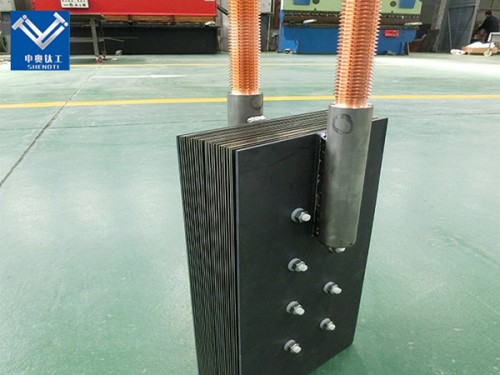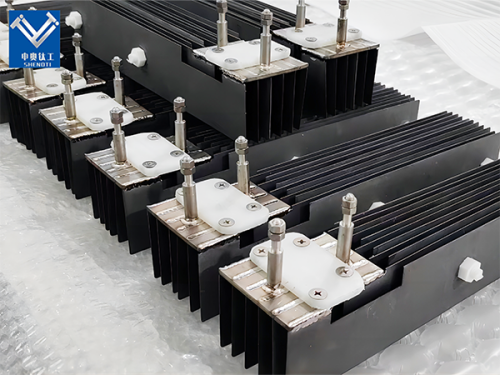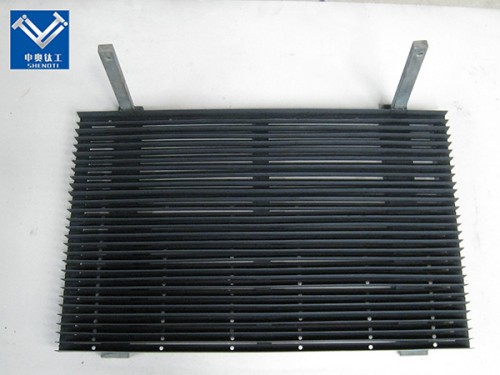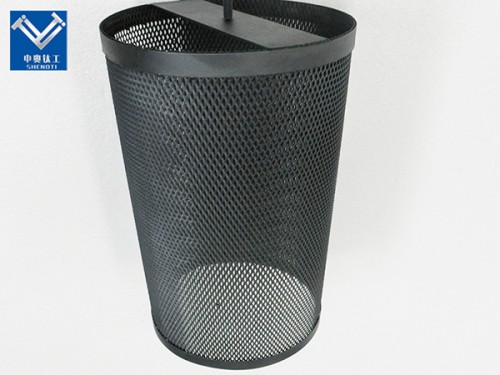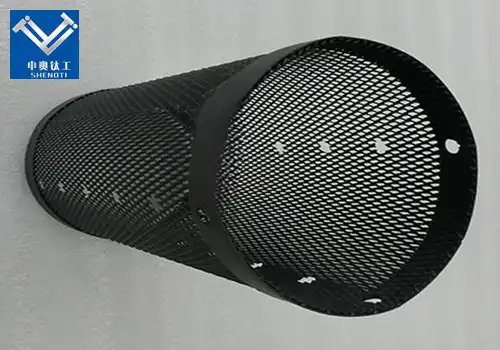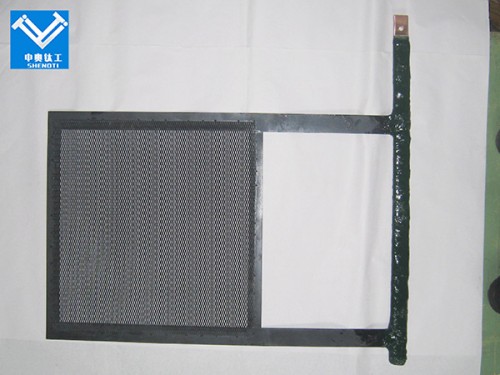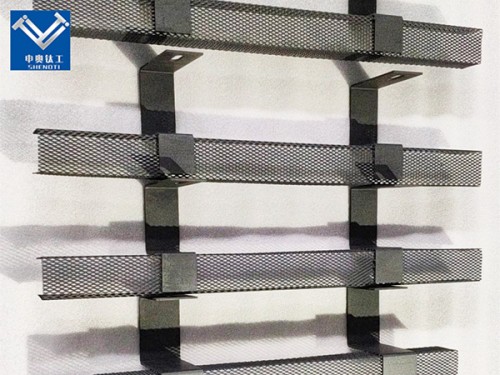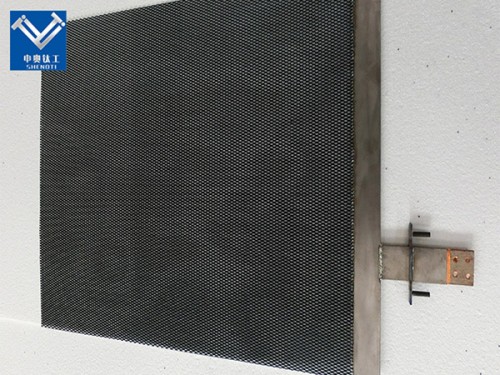
In What Industries Are Titanium Anodes for Electrolytic Sterilization and Disinfection Mainly Used?
2025-05-27 17:04:06
In What Industries Are Titanium Anodes for Electrolytic Sterilization and Disinfection Mainly Used?
Ruthenium-coated titanium electrodes, often referred to as Mixed Metal Oxide (MMO) anodes, have become indispensable in various industries due to their exceptional electrochemical properties. These electrodes combine the mechanical strength of titanium with the catalytic activity of ruthenium, resulting in high conductivity, corrosion resistance, and longevity.
What Are the Primary Applications of Ruthenium-Coated Titanium Electrodes in Water Treatment?
In water treatment, ruthenium-coated titanium electrodes are primarily utilized for their ability to generate disinfectants in situ, eliminating the need for chemical additives. Their applications include:
Electrochlorination
Electrochlorination involves the electrolysis of saltwater to produce chlorine, which serves as a disinfectant. Ruthenium-coated titanium electrodes are highly effective in this process due to their low chlorine evolution overpotential and high oxygen evolution overpotential, ensuring efficient chlorine production while minimizing energy consumption .
Wastewater Treatment
These electrodes facilitate the electrochemical oxidation of organic pollutants in wastewater, leading to their breakdown into less harmful substances. Their high catalytic activity and corrosion resistance make them suitable for treating industrial effluents, municipal wastewater, and other contaminated water sources .
Swimming Pool Disinfection
In swimming pools, ruthenium-coated titanium electrodes are employed to maintain water hygiene by generating disinfectants through electrolysis. This method reduces the reliance on chemical disinfectants, leading to safer and more environmentally friendly pool maintenance .
How Does a Ruthenium-Coated Titanium Electrode Work?
The functionality of ruthenium-coated titanium electrodes is rooted in their electrochemical properties:
Catalytic Activity
The ruthenium coating acts as a catalyst, facilitating the oxidation of water and chloride ions during electrolysis. This results in the generation of oxygen and chlorine gases, which are essential for disinfection processes .
Corrosion Resistance
Titanium's inherent corrosion resistance, combined with the protective ruthenium oxide layer, ensures the electrode's durability even in harsh chemical environments. This longevity reduces maintenance costs and downtime in industrial applications .
Energy Efficiency
The low overpotential for chlorine evolution means that less energy is required to drive the electrochemical reactions, making the process more energy-efficient and cost-effective .
What Are the Advantages of Using Ruthenium-Coated Titanium Electrodes Over Other Materials?
Compared to traditional electrode materials like graphite or lead, ruthenium-coated titanium electrodes offer several advantages:
Enhanced Durability
The combination of titanium's mechanical strength and ruthenium's catalytic properties results in electrodes that can withstand prolonged use without significant degradation .
Superior Electrochemical Performance
These electrodes exhibit high current efficiency and selectivity, ensuring effective disinfection while minimizing unwanted side reactions .
Environmental Friendliness
By enabling on-site generation of disinfectants, these electrodes reduce the need for transporting and storing hazardous chemicals, leading to safer and more sustainable operations .
Versatility
Their adaptability to various forms—plates, meshes, rods—allows for customization based on specific application requirements, enhancing their utility across different industries .
Contact Us
For more information on ruthenium-coated titanium electrodes and their applications, please contact us at: Email: zh@baojiti.com.cn
YOU MAY LIKE











